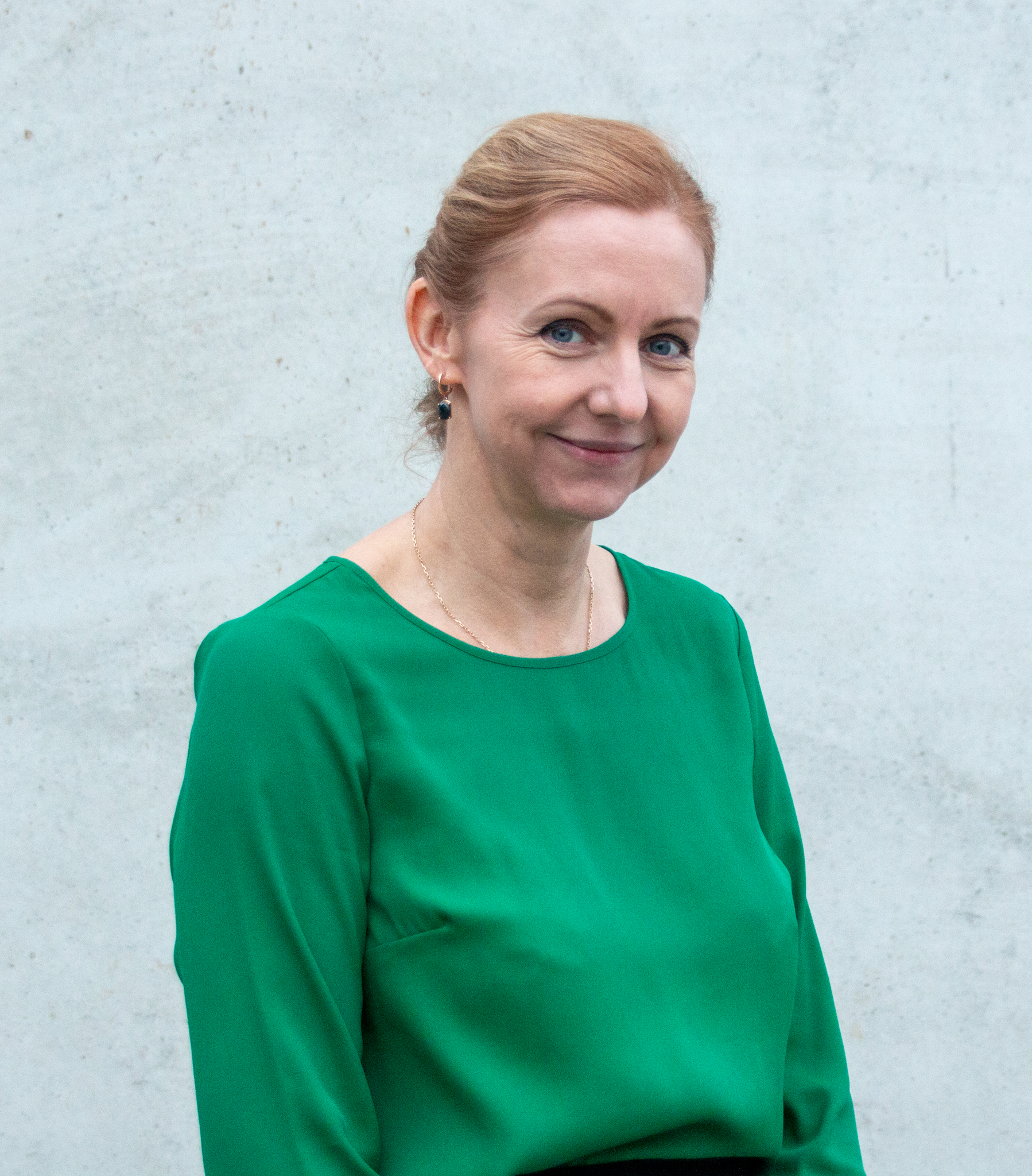 The number of universities reaching the FISU Healthy Campus standard continues to grow on a regular basis. With already 68 universities taking part and 13 certifications handed out (and counting), there are many universities that are on the verge of receiving their first certification level—with one of them being the Estonian Academy of Security Sciences (EASS) in Tallinn, Estonia.
The number of universities reaching the FISU Healthy Campus standard continues to grow on a regular basis. With already 68 universities taking part and 13 certifications handed out (and counting), there are many universities that are on the verge of receiving their first certification level—with one of them being the Estonian Academy of Security Sciences (EASS) in Tallinn, Estonia.
A unique university academically, the EASS has a very specific focus and is comprised of a Police and Border Guard College, Rescue College, Financial College and the College of Justice, as well as the Internal Security Institute. Having already met 39 FISU Healthy Campus criteria for the health and well-being of 1,000 students, the EASS is well on their way to the first certification level of the FISU Healthy Campus standard.
For each university involved with the FISU Healthy Campus programme comes unique benefits, tailored to their country, city and student population. This is no different for EASS, as Head of Marketing and Communications for the university, Ms. Kaire Paavo, explains how health and well-being on campus is starting to take shape
“The Academy of Internal Affairs trains members of society to live safely and ensure security. Health behavior and its promotion are certainly part of the security of society and communities. Joining the Healthy Campus programme helps us deal with it more systematically,“ she said.
The understanding of health and well-being is different for each university, but Ms. Paavo (pictured on the right) explains the benefits that the different domains of the FISU Healthy Campus brings to the campus of EASS.
“This programme covers wide range of health and exercise issues as well as nutrition, risk behaviour, mental and social health, and a sustainable environment,“ she explained.
“The programme maps and guides our work process to address all of these issues, while also increasing the likelihood that these issues will be dealt with“.
Like many other universities who have obtained FISU Healthy Campus standard, Ms. Paavo also agreed that the criteria will not only benefit students and staff but will also strengthen ties between departments at the EASS.
“We agree that reviewing and evaluating our activities under the program against the required criteria will help us to develop a strategy and develop cooperation between the various units of the Academy,“ said Paavo.
“It also provides a better opportunity to address health issues in a comprehensive and regular manner, thereby improving the well-being of students, staff and the community. We have already mapped different activities and are creating field development groups to meet different criteria, involving all members of the academy and different interest groups“.
For EASS as the first Estonian university to join the programme, the benefits on campus have just begun as they look to obtain their first FISU Healthy Campus certifiation in the near future. Looking ahead the EASS hopes to maintain a strong foundation provided by the FISU Healthy Campus standard.
